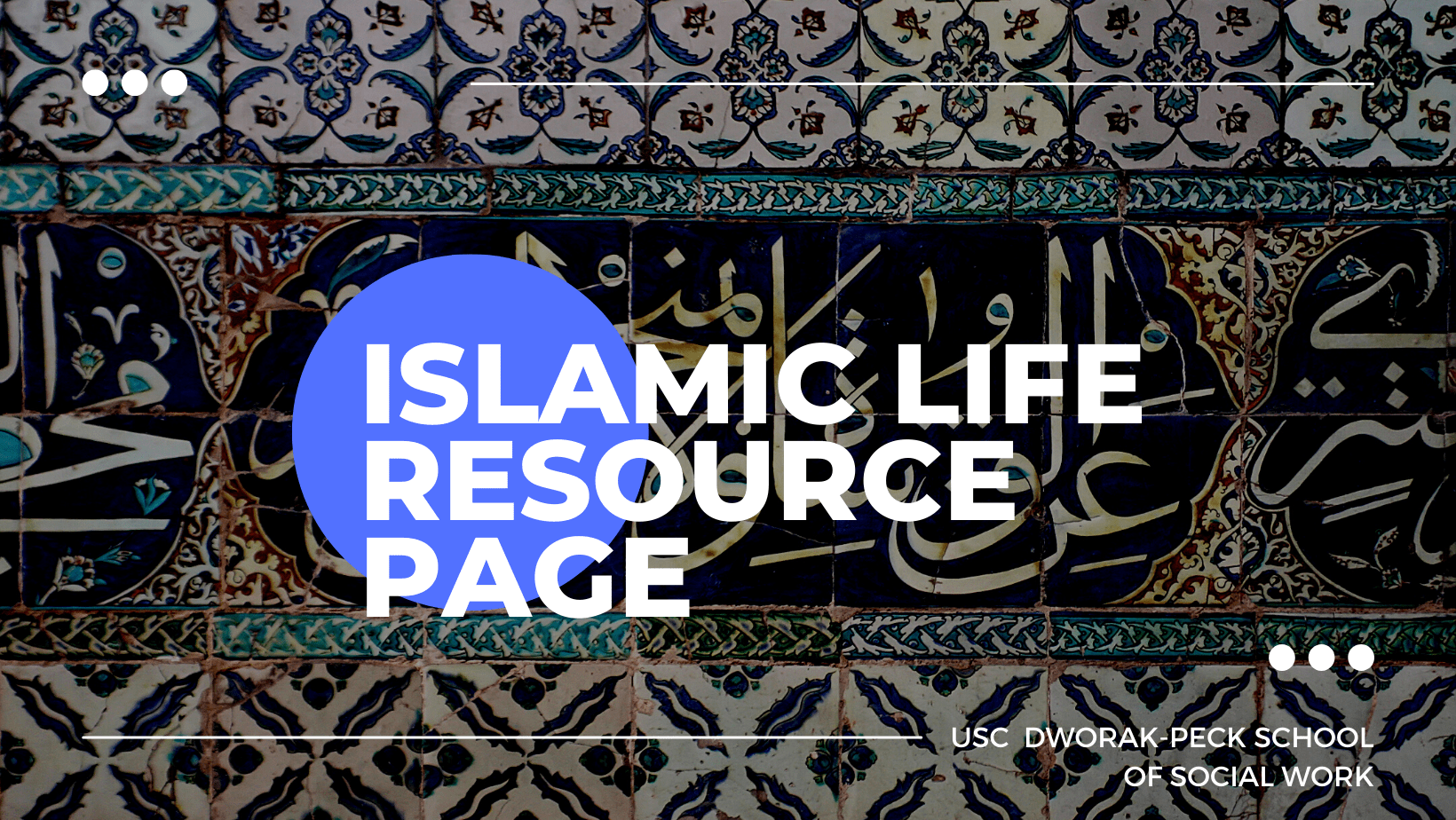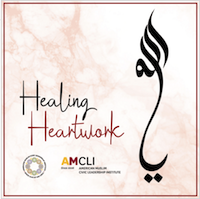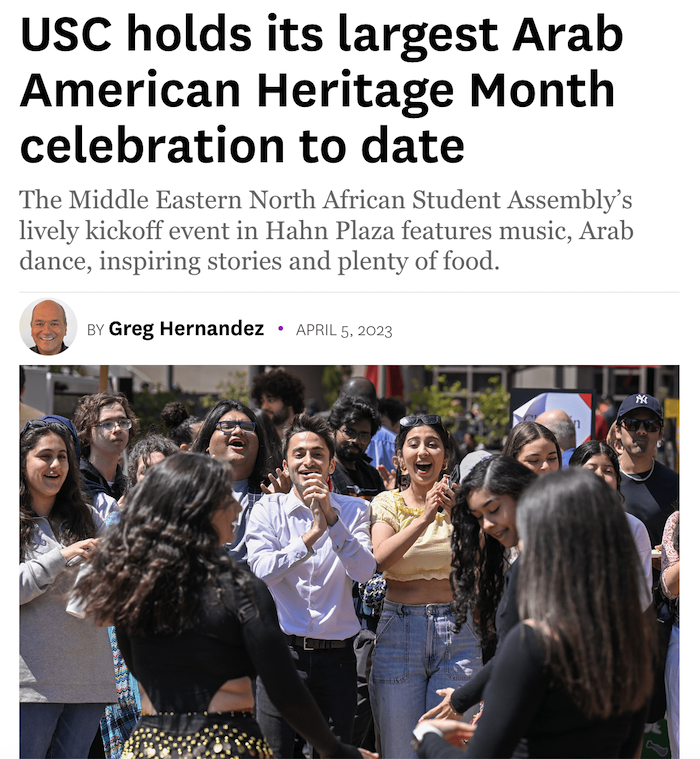Social Work with Muslims: Insights from the Teachings of Islam by Abdullahi Barise, Ph.D. Islamic Worldview
A coherent worldview based on Tawheed (Islamic monotheism) guide Muslims; therefore, to effectively help Muslims, social workers must understand their worldview (Barise & France, 2004). Discussed in this section are the author’s understanding of two aspects of an Islamic worldview: 1) pillars of faith and ritual practice and 2) Islamic epistemology, ontology, and cosmology.
Pillars of Faith (Iman) and Ritual Practice
As included in most introductory books about Islam (e.g., Abdalati, 1986; Haneef, 1999), there are six pillars of faith that delineate how a Muslim views existence. - Belief in God (the Arabic name, Allah, is one of the 99 names of God) as the only One Creator and Sustainer of all beings.
- Belief in and reverence of the angels as unseen creatures that, unlike humans, never disobey God.
- Belief in all of the revealed scriptures of God including the original Tawrat (the book revealed to Prophet Moses), and the original Injil (the book revealed to Prophet Jesus).
- Belief in and reverence of all Prophets of God from Adam to Mohammad (peace be upon them), without discriminating among them.
- Belief in the Hereafter when all humans will return back to God for the results of their deeds in this world.
- Belief in the human freewill as well as the fact that nothing can happen without God’s permission.
As well, five pillars of ritual practice regulate Muslim’s lives and unify the Muslim community. These five pillars help the Muslim to develop a good and moral existence. - Declaration of faith (shahadah): This is the belief that must be declared, “that there is no god but Allah and Mohammad (peace be upon him) is the Prophet of Allah”. In other words, the Muslim gets into covenant with God that she/he would worship God alone and would follow Prophet Mohammad (peace be upon him) as the model for this monotheistic complete way for life. When put into practice, this declaration frees the Muslim from conflicting loyalties, superstition, egocentricity, and different forms of subordinations and addictions.
- Prayers (Salat): The rituals of prayer are to be performed five times a day facing the Holy Ka’abah (the first Mosque built on earth) in Makkah (Mecca). By performing such frequent prayers sincerely, one maintains God-consciousness and discipline. These prayers can be performed individually or communally in any clean place. However, communal prayers are preferred and even obligatory for those who are in the vicinity and able to attend. Communal prayers promote equality, brotherhood/sisterhood, and a strong sense of community;
- Zakat (self and property purification): Muslims are required to pay a fixed proportion of their possessions for the welfare of the whole community, and the poor in particular;
- Fasting (Sawm): During the month of Ramadhan (when the Quran was revealed), all adult, able Muslims must abstain from all food, drink and sexual activity from dawn to dusk. Fasting promotes God-consciousness, spiritual growth, self-purification, patience, self-restraint, flexibility, generosity, sympathy for the poor, communal solidarity, and healthy lifestyle (Abdalati, 1986; Haneef, 1999).
- Pilgrimage to Makkah (Hajj): At least once in life, all adult, able Muslims should make pilgrimage to Makkah. Muslims from around the world (nowadays more than a couple of millions) converge annually in Makkah to perform the Hajj at the same time.
The above pillars of Islamic faith and ritual practice have important implications for social work with Muslims (See Al-Krenawi & Graham, 2000). |


